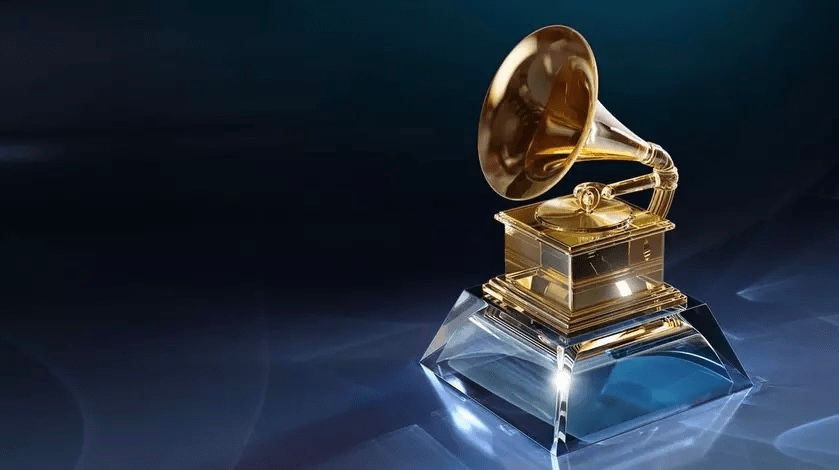'The Power of the Dog:' Is It Best Picture Worthy?
- Kaleigh
- Feb 17, 2022
- 4 min read
Updated: May 24, 2024
Warning: Contains Spoilers!!
Since the release of Jane Campion’s The Power of the Dog on 19 November 2021, there has not only been buzz about its nominations in multiple categories for both the Golden Globes and the Academy Awards, but it has already won the award for best Drama Motion Picture at the Golden Globes. Additionally, by mathematical calculation, this particular western is the projected winner of Best Picture for the Oscars. Statistical calculations set aside – is The Power of the Dog truly the Best Picture of 2022?
Jane Campion’s film narrates the tale of two cattle-ranching brothers in 1920s Montana, George (Jesse Plemmons), who is cautiously seeking the fruits of love and life while walking on eggshells around his brooding, sarcastic, and seemingly maliciously motivated brother Phil (Benedict Cumberbatch). Tensions rise when George marries widow Rose (Kirsten Dunst), and also takes in her gentle, paper-flower-making teenage son Peter (Kodi Smit-McPhee) into the Burbank household and ranch. Phil carves out his fair share of time tormenting Rose, but he particularly singles out and ridicules Peter for his inability to fulfill societal standards of masculinity when it comes to how he looks, dresses, and acts. However, Peter catches Phil in a moment of vulnerability in a nearby river as Phil holds a peculiar worn-out rag over his face and swims naked wearing this rag around his neck. This is coupled with Peter’s discovery of Phil’s secret hideout, which holds magazines picturing naked men. Phil discovers Peter, and chases the fleeing young boy away. However, things take an interesting turn when the two become friends – bonded by their pursuit in Peter’s learning how to braid rope. Peter’s mother Rose is suspicious of this all, and is riddled with anxiety over leaving Peter alone with Phil in any circumstance. The film continues, and we learn of Phil’s particularly special relationship with the late Bronco Henry, with subtle references to it being a sexual one – from anecdotes of the two lying together naked to keep warm to Phil’s consistent emotionality at the thought of Bronco-Henry’s memory throughout the film. Campion almost hints that such a relationship might emerge between Phil and Peter, who share a similar age difference to that of Phil and Bronco Henry – but no. By subtly lining the rope they had been working on together with the DNA of a diseased animal, Peter murders Phil – who dies seemingly mysteriously of Anthrax. Benedict Cumberbatch’s performance as Phil Burbank is a chillingly eerie one – the ominous plucking of the cello and dissonant french horn soundtrack theme that follows around his subtly sly yet aggressive persona kept me on the edge of my seat nearly all throughout the film. Like Rose, the audience was never quite sure what Phil’s intentions were nor what his next move would be. It was to be revealed to us that it was not his repressed homosexuality to be used as a weapon against an unsuspecting, young Peter – but in fact that such a repression was the central feature of Phil’s core vulnerability in contrast to his clearly malignant and ill-intended exterior. In this way, we are led to believe that Phil’s intentions are malicious and Peter’s motivations are pure. Such anticipation was a genius move by Campion – for with Phil’s mysterious backstory and unpredictability, we are distracted from the larger plan at work: Peter’s plan to murder Phil. The film opened with an out-of-frame Peter speaking to the audience, ‘When my father passed, I wanted nothing more than my mother’s happiness. For what kind of man would I be if I did not help my mother? If I did not save her?’ The ending line gave us Peter again, reading a verse from the Bible ‘Deliver my soul from the sword, my darling from the power of the dog’. By murdering Phil Burbank, Peter has saved his ‘darling’, his mother, ‘from the power of the dog’ – he has saved Rose from the looming, ever present but never executed force of the seemingly violent intentions of Phil Burbank. In this way, Peter justifies his actions by believing that he has saved his mother from this hypothetical dog. The ending to The Power of the Dog has just the right balance of confusion and understanding that doesn’t leave audiences completely lost in translation, as with films like Tenet. The performances of both Benedict Cumberbatch and Kodi Smit-McPhee were incredible. Jane Campion’s writing and directing paved the film in the best way. And so, is The Power of the Dog Best Picture worthy? Here’s the thing. The Power of the Dog was an incredible film that kept me guessing all the way through. It had a nuanced, complicated set of characters to create a story of struggle, acceptance, and plotting. For that, I think that Jane Campion is more than deserving of an award for Best Director, and for both Cumberbatch and Smith-McPhee to gain recognition for their success in portraying these characters. But I cannot say with confidence that I think it is the best picture of 2021. There was so much to enjoy about 2021 as a year in film – from the excitement of Spiderman: No Way Home to the anticipation of the release of Denis Villeneuve’s Dune, to The Green Knight … the list goes on. This is not to say that I have specifically in mind which film is the best – that I know requires more deliberation, attention to detail, and returning to certain films for reconsideration. However, I can say that I didn’t feel that ‘feeling’ after watching The Power of the Dog the way I did after first watching Parasite.





Comments